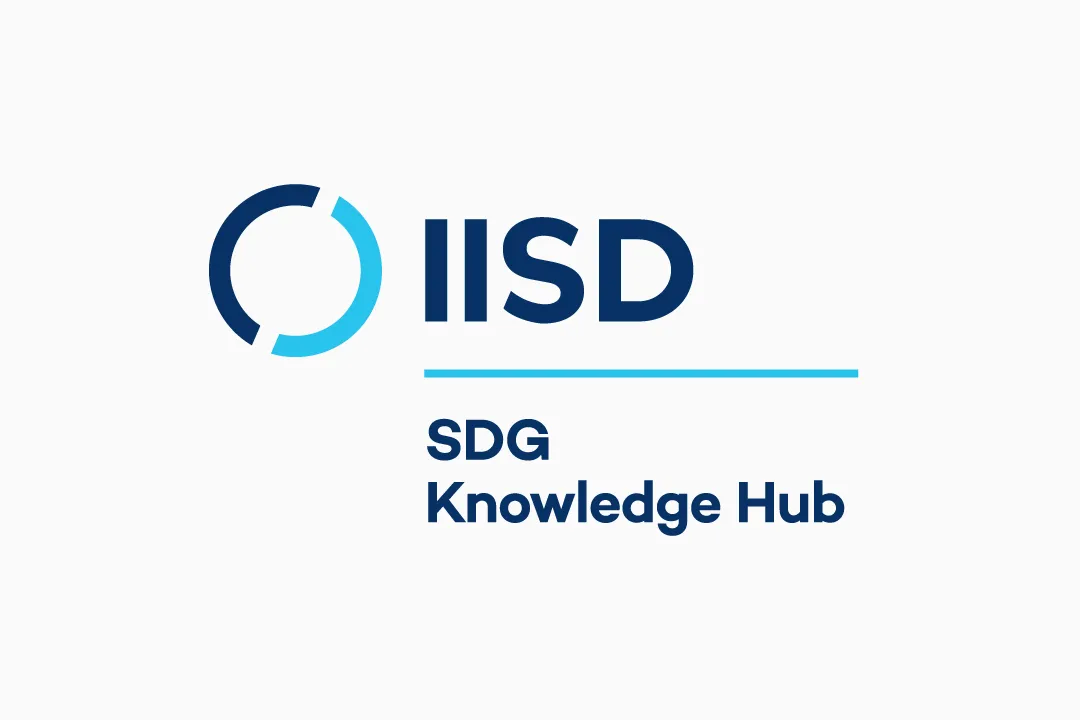 9 May 2016: The UN Secretary-General and other officials have drawn attention to the proposed “global compacts” on migrants and refugees, which are the subject of negotiations ahead of the World Humanitarian Summit (WHS) taking place in Istanbul, Turkey, from 23-24 May 2016, and the UN General Assembly’s (UNGA) High-level Meeting (HLM) on addressing the large-scale movements of migrants and refugees, convening in New York, US, on 19 September 2016.
9 May 2016: The UN Secretary-General and other officials have drawn attention to the proposed “global compacts” on migrants and refugees, which are the subject of negotiations ahead of the World Humanitarian Summit (WHS) taking place in Istanbul, Turkey, from 23-24 May 2016, and the UN General Assembly’s (UNGA) High-level Meeting (HLM) on addressing the large-scale movements of migrants and refugees, convening in New York, US, on 19 September 2016.
In an opinion editorial of 9 May, UN Secretary-General Ban Ki-moon observes a “crisis of solidarity” in humanitarian response. He says the WHS will seek new commitments from States and others to work together to protect people and build resilience, and calls on political and community leaders to speak out against discrimination and intolerance, and for the international community as a whole to give greater attention to the drivers of forced displacement. He highlights the 2030 Agenda for Sustainable Development as a “powerful new tool” in this regard, with a strong focus on justice, institutions and peaceful societies.
Referring to the recommendations in his April 2016 report on large-scale movements of migrants and refugees, titled ‘In Safety and Dignity,’ Ban reminds States that international systems must be strengthened to uphold human rights norms, including the 1951 Refugee Convention. In particular, he highlights the proposal in the report to strike a global compact on responsibility sharing for refugees, highlighting that just ten countries provide 75% of the UN budget for refugee needs, eight countries host more than half the world’s refugees, and almost 90% of the world’s refugees are hosted in developing countries.
In a 6 May interview with the UN News Centre, Karen AbuZayd, Special Advisor to the UN Secretary-General on the HLM, highlighted support from Member States and stakeholders to produce firm commitments from the September meeting, which may include a separate global compact to improve the governance of international migration, noting that migrants do not enjoy the same international protections as refugees. She anticipated that other outcomes may include bringing the International Organization of Migration (IOM) into a closer relationship with the UN, and the launch of a UN campaign against xenophobia.
UN Member States are currently negotiating the outcome document from the HLM, facilitated by the Permanent Representatives of Ireland and Jordan.
On 9 May, the UN Educational, Scientific and Cultural Organization (UNESCO) and a coalition of agencies launched a joint initiative on ‘Welcoming Cities for Refugees: Promoting Inclusion and Protecting Rights.’ The initiative will work to counter negative perceptions of refugees and migrants, and highlight the need for many European countries to receive working-age people to support their continued development and growth. An event in Athens, Greece, in November 2016, will aim to develop policy and action recommendations, and contribute to guidance for city and municipal authorities. [UN Secretary-General Opinion Piece] [Interview with Karen AbuZayd] [UNESCO Press Release] [IISD RS Story on ‘In Safety and Dignity’]

